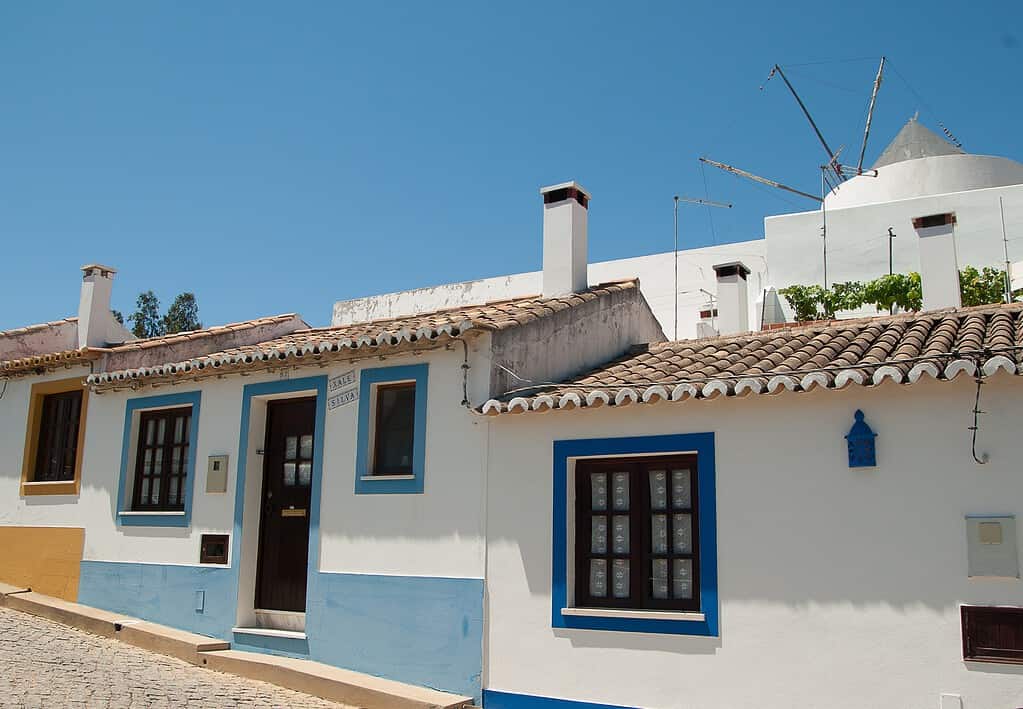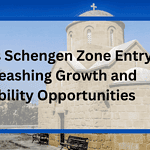Portuguese D7 Visa: A Second Home
- Are you dreaming of living in one of Europe’s most enchanting countries, immersed in its rich history, vibrant culture, and breathtaking landscapes? Look no further than the Portuguese D7 Visa, your gateway to Portugal’s inviting lifestyle.
- Whether you seek a peaceful retirement or wish to work remotely in a picturesque setting, the D7 Visa offers an opportunity to make Portugal your second home.
- In this blog post, we’ll explore the key aspects of the Portuguese D7 Visa and why it’s an attractive option for those seeking to relocate to this stunning Iberian nation.
What is a Portuguese D7 Visa?
- The Portuguese D7 Visa, also known as the Non-Habitual Residency Visa, was introduced in 2009 to attract high-net-worth individuals and entrepreneurs to Portugal.
- The visa is designed for individuals who are seeking to establish a tax-efficient residency in Portugal.
- The D7 Visa is a renewable visa that allows individuals to live in Portugal for a period of one year, with the possibility of renewing it in two-year increments.

Eligibility Criteria for Portuguese D7 Visa
- To qualify for the Portuguese D7 Visa, applicants must fulfill certain criteria, which include:
-
- Financial Means: Applicants must demonstrate a steady source of income, such as retirement pensions, investments, or freelance work, which ensures they can support themselves while living in Portugal.
- Health Insurance: Proof of valid health insurance coverage in Portugal is mandatory to ensure access to necessary medical services during the visa validity period.
- Clean Criminal Record: Applicants must provide a certificate from their country of origin or residence attesting to their clean criminal record.
- Adequate Housing: Evidence of suitable accommodation in Portugal, either through ownership or rental agreements, is required.
Requirements for Portuguese D7 Visa
- To be eligible for the Portuguese D7 Visa, individuals must meet the following requirements:
-
- Proof of passive income: Individuals must provide proof of passive income that exceeds the minimum amount required by the Portuguese government, which is €1,000 per month.
- Proof of health insurance: Individuals must provide proof of comprehensive health insurance coverage in Portugal.
- Clean criminal record: Individuals must provide a certificate of good conduct from their country of origin.
- Physical presence in Portugal: Individuals must spend 183 days or more in Portugal during the first year of residency.
- Proof of accommodation: Individuals must provide proof of accommodation in Portugal, such as a rental agreement or property ownership.
Benefits of Portuguese D7 Visa
- Tax benefits: The Portuguese D7 Visa offers a tax-efficient residency for individuals. Non-habitual residents are subject to Portuguese taxes only on their Portuguese-sourced income and foreign-sourced income that is considered to have a “close connection” with Portugal. In addition, individuals can take advantage of Portugal’s flat tax rate of 20% on personal income, which is one of the lowest tax rates in the EU.
- Access to the EU: With the Portuguese D7 Visa, individuals have access to the EU, which allows them to live, work, and travel freely within the EU.
- Affordable cost of living: Portugal is known for its affordable cost of living, which makes it an attractive destination for individuals seeking to establish residency in the EU.
- Stable political climate: Portugal has a stable political climate, making it a safe destination for individuals seeking to establish residency.
- Quality of life: Portugal is known for its high quality of life, with its warm climate, beautiful beaches, and rich cultural heritage.
- Residency in a Beautiful Country: Portugal’s charm lies in its captivating cities, picturesque coastal towns, and stunning countryside. With a D7 Visa, you can experience Portugal’s unique culture and enjoy its pleasant Mediterranean climate.
- Ease of Travel within the Schengen Area: Holding a D7 Visa allows you to travel freely within the Schengen Area, comprising 26 European countries, making it easier to explore neighboring nations.
- Friendly Expat Community: Portugal is known for its warm and welcoming locals, as well as a thriving expat community, which can make the transition to a new country smoother.
Application Process for Portuguese D7 Visa
- The D7 Visa application process involves several steps, including gathering the necessary documents, applying at the Portuguese consulate or embassy in your home country, and attending an interview.
- Engaging the services of an experienced immigration lawyer can simplify the process and ensure a higher chance of approval.

Conclusion
- The Portuguese D7 Visa presents an exciting opportunity for individuals yearning to experience the beauty, history, and culture of Portugal while enjoying the benefits of long-term residency.
- With its flexible eligibility criteria, reasonable cost of living, and pleasant environment, Portugal is an enticing destination for retirees, freelancers, and remote workers alike.
- So, if you’re seeking a life-changing adventure in a country renowned for its beauty and warmth, the Portuguese D7 Visa could be the key to unlocking the door to your dreams. Take the first step towards your Portuguese journey today!
Join Our Newsletter
To stay up-to-date on the latest news and information regarding Immigration to the Caribbean Islands, European Union, UK, USA, Canada and Real Estate Projects in India and Globally. ☑ I accept and agree Privacy Policy.



